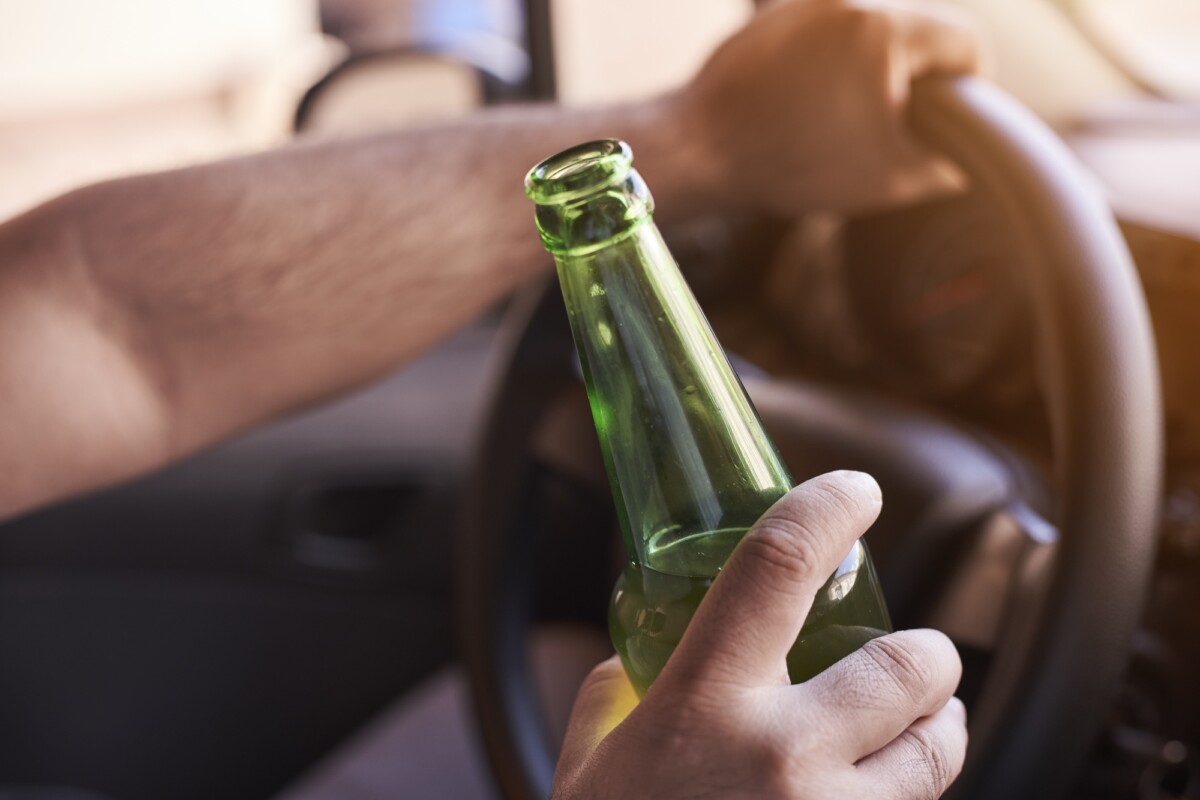North Carolina Drunk Driving: Law Attorney Network

North Carolina’s drunk driving law is complex, stringent, and continuously evolving to address the serious public safety concerns associated with impaired driving. For legal professionals, mastering these laws is essential not only to provide effective defense or prosecution but also to build a successful career in this specialized field. Moreover, creating strong professional networks and leveraging legal career facilitators can significantly enhance career growth and legal outcomes.
This comprehensive article explores North Carolina’s drunk driving laws, penalties, and legal procedures. It also highlights the importance of professional networks and strategic legal placement in fostering legal excellence and career development. Whether you are a law firm seeking skilled DUI attorneys or a legal professional aiming to advance your career, this guide provides valuable insights and actionable strategies. For expert assistance connecting lawyers and candidates, contact Legal Case Review or call 833-279-1850. You can also request a personalized quote at Legal Case Review Quote Page.
Understanding North Carolina’s Drunk Driving Law: Key Legal Framework
What Constitutes Drunk Driving in North Carolina?
North Carolina refers to drunk driving offenses primarily as Driving While Impaired (DWI). The law prohibits operating a vehicle on any public road or highway while:
-
Under the influence of alcohol or any impairing substance.
-
Having a blood alcohol concentration (BAC) of 0.08% or greater.
-
Having a BAC of 0.04% or greater when operating a commercial vehicle.
-
Having any detectable amount of alcohol if under the age of 21 (zero tolerance policy).
Importantly, North Carolina extends the definition of “driving” to include actual physical control of a vehicle, meaning a person can be charged with DWI even if the vehicle is not moving but they are in control of it.
Implied Consent and Chemical Testing
North Carolina’s implied consent law requires drivers suspected of impaired driving to submit to chemical tests (breath, blood, urine, or saliva) upon arrest. Refusing these tests leads to immediate administrative license suspension for 30 days, with a potential one-year suspension if the driver loses a DMV hearing or fails to request one.
Police officers conduct preliminary breath tests and field sobriety tests during traffic stops. Refusal of these preliminary tests does not prevent arrest if reasonable suspicion exists.
Levels of Intoxication and Per Se Offenses
-
A per se DWI occurs when a driver’s BAC is 0.08% or higher, regardless of observed impairment.
-
If BAC is below 0.08%, law enforcement must prove actual impairment through behavior and physical evidence.
-
Aggravated DWI applies to BAC levels of 0.15% or higher, or when other serious factors (e.g., accidents, injury, minors in the vehicle) are present.
Penalties and Sentencing Structure in North Carolina DWI Cases
North Carolina’s DWI penalties are among the most severe in the country, reflecting the state’s commitment to reducing impaired driving.
Criminal and Administrative Penalties
-
First Offense: License suspension for at least one year, fines up to $200-$1,000, possible jail time (24 hours to 150 days), community service, and mandatory alcohol education/treatment.
-
Second Offense: License suspension up to four years, higher fines, longer jail time (7 days to 2 years), and ignition interlock device requirements.
-
Third and Subsequent Offenses: Classified as felony charges with permanent license revocation, significant fines, and prison sentences.
Sentencing Levels Based on Aggravating Factors
North Carolina uses a sentencing matrix with six levels, from Level 5 (least severe) to Aggravated Level 1 (most severe), based on aggravating and mitigating factors such as:
-
BAC level (especially 0.15% or higher).
-
Causing injury or death.
-
Driving with a revoked license.
-
Presence of minors in the vehicle.
-
Prior DWI convictions within seven years.
For example, a Level 1 punishment may include fines up to $4,000 and jail time up to two years, while an Aggravated Level 1 offense can lead to fines up to $10,000 and prison sentences up to three years.
Vehicle Forfeiture and Ignition Interlock
In habitual offender cases (three or more DWIs within ten years), judges may order vehicle forfeiture. Ignition interlock devices are required for certain offenders, helping prevent repeat offenses.
The Importance of Networking in North Carolina’s Drunk Driving Legal Community
Why Building Legal Networks Matters
The complexity of North Carolina’s drunk driving law demands continuous learning and collaboration. Building strong professional networks helps attorneys:
-
Stay updated on legislative changes and case law.
-
Share best practices and defense strategies.
-
Gain referrals and expand client bases.
-
Access mentorship and career development resources.
Key Organizations and Networking Opportunities
-
North Carolina Association of Defense Attorneys (NCADA): Offers educational seminars, networking events, and advocacy for defense lawyers.
-
North Carolina Bar Association (NCBA): Provides resources and sections focused on criminal law and DUI defense.
-
Local DUI Task Forces and Advocacy Groups: Opportunities to collaborate with law enforcement and public health officials.
-
CLE Programs Focused on DWI: Regular training sessions enhance legal skills and knowledge.
Legal Career Growth in North Carolina Drunk Driving Law
Career Paths for Legal Professionals
-
DWI Defense Attorney: Represent clients charged with impaired driving, focusing on evidence challenges, plea negotiations, and trial advocacy.
-
Prosecutor: Work in district attorney offices prosecuting DWI cases, requiring thorough knowledge of statutes and evidence.
-
Legal Consultant or Expert: Provide specialized knowledge on toxicology, breathalyzer technology, or DUI law.
-
Compliance and Policy Advisor: Assist governmental agencies or private organizations in developing DUI prevention and compliance programs.
Building Expertise and Advancing Your Career
-
Pursue certifications in DUI defense or forensic toxicology.
-
Attend DUI-specific CLE courses and seminars.
-
Develop trial experience by handling DUI cases.
-
Network actively within North Carolina’s legal community.
-
Consider geographic flexibility to access opportunities in high-demand areas such as Charlotte (28202, 28203), Raleigh (27601, 27603), and Greensboro (27401, 27403).
How Legal Placement Facilitators Enhance Career and Firm Success
Legal placement services like Legal Case Review play a crucial role in connecting law firms with qualified DWI attorneys and helping candidates find suitable positions. Their services include:
-
Pre-screening candidates for relevant DWI experience.
-
Matching attorney skills with firm needs.
-
Providing market insights on salary trends and job availability.
-
Supporting career development and continuing education.
Law firms and attorneys seeking to connect with top talent or career opportunities should contact Legal Case Review or call 833-279-1850.
North Carolina’s drunk driving law is rigorous and multifaceted, requiring legal professionals to possess specialized knowledge and skills. Building strong professional networks and leveraging legal placement services are essential strategies for achieving legal excellence and career growth in this field. Whether you are a law firm seeking experienced DWI attorneys or a legal professional aiming to advance your career, connecting with expert resources such as Legal Case Review can make a significant difference.
For tailored legal recruitment or career development support, contact Legal Case Review or call 833-279-1850 today.
Frequently Asked Questions (FAQs)


